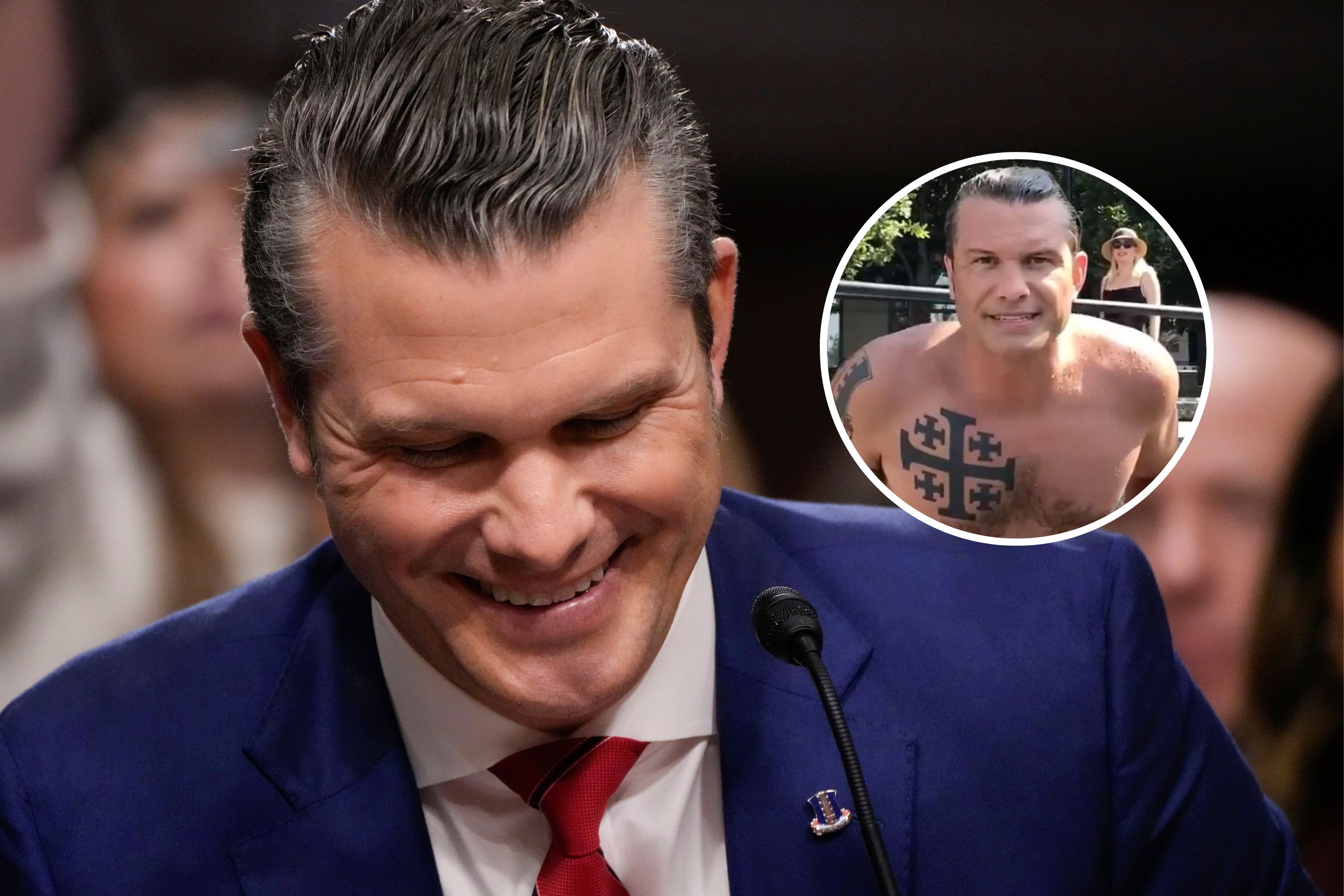With the incoming administration pledging to end federal diversity, equity, and inclusion (DEI) programs as a day-one priority, the implications for public education are profound, putting critical work at risk.
DEI has become a flashpoint in public discourse, often distorted by political leaders and commentators to fuel narratives that it undermines merit and excellence. The co-opting of this language obscures the necessity of these initiatives.
As corporations roll back their DEI policies amid shifting tides of political discourse, I am reminded that, for educators, abandoning this work is not an option. We have a responsibility to our students whose futures are shaped by the education they receive today. Ensuring equal opportunity is a commitment we must uphold, no matter how challenging the political landscape becomes.

Our responsibility as educators is unequivocal—to ensure every student—regardless of race, socioeconomic status, or background—has the equal opportunity to succeed. I see this as my primary mandate as superintendent at Evanston Township High School (ETHS), a diverse public high school serving nearly 4,000 students outside Chicago. Equity is neither a political agenda nor an attempt to enforce ideological conformity; it is the fundamental principle that every student deserves access to the resources, support, and opportunities they need to reach their full potential.
Our students enter high school with a wide range of experiences and backgrounds. This is not a controversial idea; it is a fact of life. Treating them as though their needs are identical ignores challenges some must overcome and advantages others may be afforded—in either case, shaped by factors beyond their control. To fulfill our promise to students that they will have the same opportunity to succeed—no matter where they come from or what barriers stand in their way—we must acknowledge disparities that exist and fill gaps where we can.
Equity work is not intended to guarantee equal outcomes, but to ensure a fair starting point. Overlooking privilege while championing merit dismisses how disparities in opportunity shape outcomes—merit cannot be fairly assessed without accounting for these imbalances.
Equity is not a zero-sum game. Providing support to one student does not take away from another. While the extent of policies implemented by school districts will vary and should be debated, public education has an obligation to support every student according to their needs.
Equity is not an abstract concept; it's the intentional design and implementation of policies, programs, and practices to meet students' needs. Providing multilingual education ensures students who are not native English speakers can keep up academically while developing language skills. Ensuring wheelchair-accessible facilities enables students with mobility challenges to fully navigate the school environment. Our 1:1 technology program equips every student with a personal electronic device, enabling them to complete their coursework. These are not privileges or extras—they are essential measures ensuring potential is not limited by circumstance.
Such measures were never the subject of widespread debate. Only when the conversation expanded to include racial inequities did the concept of equity become polarizing. Once understood as a practical way to create fairness, equity is now being reframed as divisive though the underlying principle driving the work hasn't changed—only who stands to benefit.
Corporate giants may yield to pressure, but I cannot look at the racial achievement disparities in my own district and ignore the work that remains. These disparities are not a reflection of students' abilities or ambitions, but a symptom of systemic barriers and attitudes that have existed over time—barriers disproportionately impacting students of color. Addressing them isn't about blame; it's about taking responsibility to disrupt the predictability of outcomes tied to race or socioeconomic status.
Creating a more equitable, inclusive school environment requires more than theory or aspiration—it demands analysis, honesty, and a willingness to evolve. DEI work has led to measurable progress at our school, including increased access to advanced coursework and strengthened belonging among students from historically marginalized backgrounds. Most demographic groups at Evanston Township High School exceed the statewide averages for their respective peers. Last year, we achieved a significant milestone in increasing access to our most rigorous courses—50 percent of our Black graduates and 70 percent of our Hispanic/Latino graduates participated in advanced placement or dual credit courses—a change years in the making. There is also progress that's harder to quantify but no less transformative—when students see their identities and experiences mirrored in their learning. These are the classroom moments that stay with them—shaping who they are and inspiring who they can become.
Still, this progress lags behind our ambition as we continue to grapple with persistent disparities in outcomes. There is no playbook on how to recover from generations of injustice and exclusion in education, nor a simple roadmap for dismantling the structures and practices that perpetuate these disparities. But the absence of easy answers does not absolve us of responsibility. Neither does political pressure.
Marcus Campbell, Ed.D., has served as the superintendent of Evanston Township High School District 202 in Illinois since July 2022. He is also an adjunct lecturer at the School of Education and Social Policy at Northwestern University.
The views expressed in this article are the writer's own.




















 English (US) ·
English (US) ·